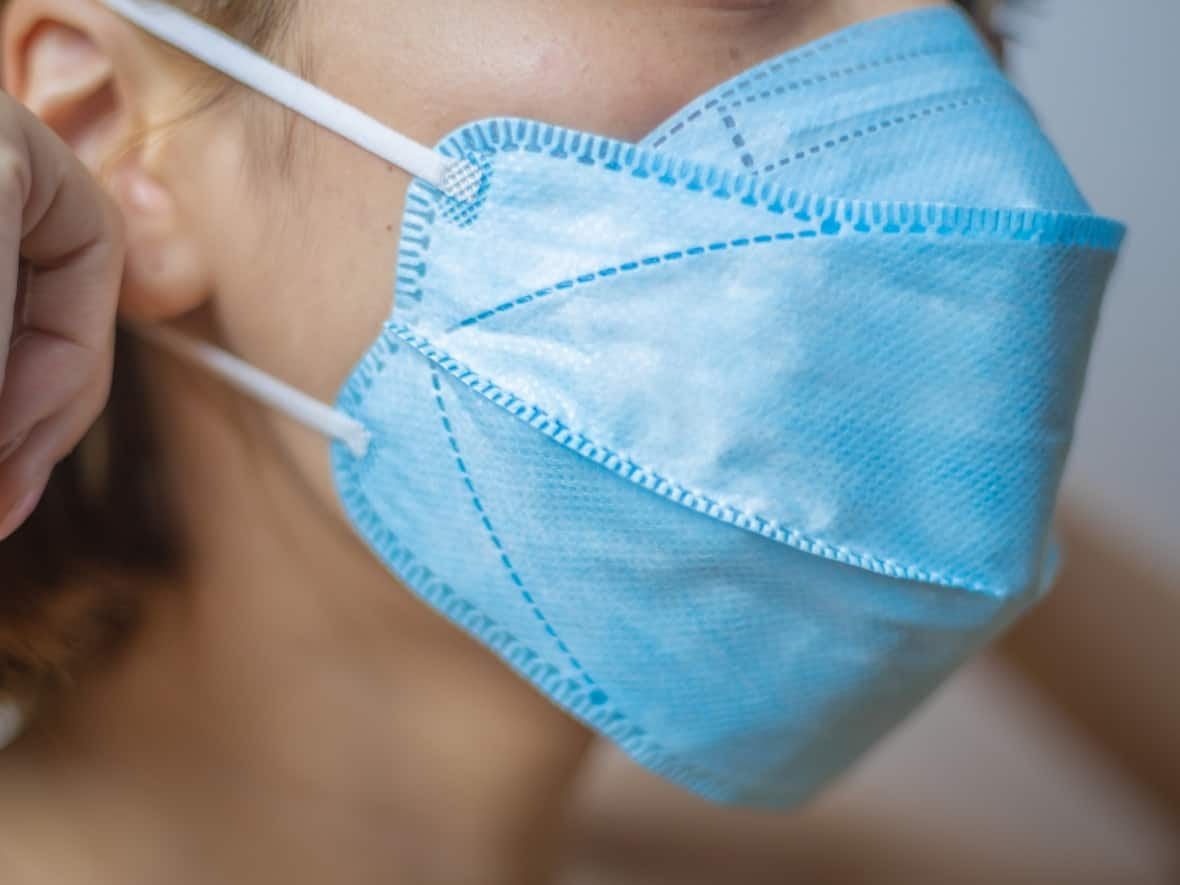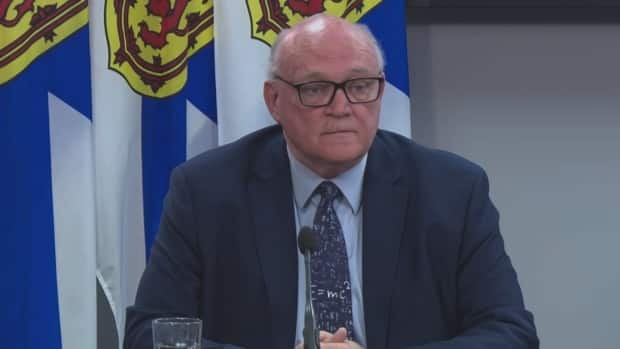Nova Scotia ends COVID-19 Health Protection Act order

The Health Protection Act order that came into effect in Nova Scotia during the earliest days of the COVID-19 pandemic has been dropped, effective today.
A news release from the Health Department on Tuesday morning said the changes were prompted in part by the World Health Organization's determination that the virus is no longer a global emergency.
"By no means does today's update mean that the COVID-19 virus is gone, but rather that it is now at a stage that we can respond to it and live with it, like we do with all other respiratory diseases," Dr. Robert Strang, the chief medical officer of health, told reporters at a news conference on Tuesday, adding that he now considers COVID-19 to be endemic.
Strang said the Health Protection Act order gave the province the legal framework to take COVID-19-related actions if necessary. That order has been kept in place in case there was a resurgence of the virus.
"The likelihood of that is extremely low, so it was felt that we could actually just lift that order and if something happens or there's a new virus, then we need to go back to a new public health order. It doesn't take away our ability to do that," Strang said.
The Health Protection Act order came into effect on March 15, 2020.
Vaccine and mask requirements
The order also included a mandatory vaccination protocol for high-risk settings, which came into effect on Nov. 30, 2021, and a directive around COVID-19 management in long-term care facilities.
With the removal of the order, employers and operators of high-risk settings are now responsible for their own policies on COVID-19, including masking requirements and whether employees, outside service providers and volunteers need to be vaccinated.
Public Health has given guidance to operators of congregate settings — such as health-care facilities, long-term care homes, prisons and jails and some Community Services facilities — about managing COVID-19 and other respiratory viruses.

A statement from Nova Scotia Health and the IWK Health Centre said all employees of the two organizations are still required to provide proof of their primary series of COVID-19 vaccinations, though medical and human rights exception processes remain in place.
As for masking, NSH and the IWK will move to optional masking in non-clinical areas where there is no contact with patients, families or caregivers — such as in administrative buildings or boardrooms.
Masking requirements will remain in place for all other areas for staff, physicians, patients, visitors and learners, the statement said. Masks are required on entry to NSH and IWK clinical facilities, as well as in common or public areas such as hallways, elevators, staircases, gift shops and cafeterias.
Less frequent data updates
The weekly COVID-19 dashboard will be updated for the last time on Thursday, though monthly reports will still be issued.
Beginning in October, COVID-19 data will be reported publicly using the same channels as other respiratory viruses such as influenza A and respiratory syncytial virus (RSV), through Respiratory Watch bulletins.
Strang said "while the general use of masks by the public is no longer necessary," Public Health still encourages Nova Scotians who are vulnerable to the virus — including older people, immunocompromised people and those who spend time around them — to wear a mask.
He also urged people to get their COVID-19 vaccines, including spring boosters for those who are eligible.
Strang is anticipating new recommendations on fall boosters from the National Advisory Committee on Immunization in the coming weeks, he said.
MORE TOP STORIES


